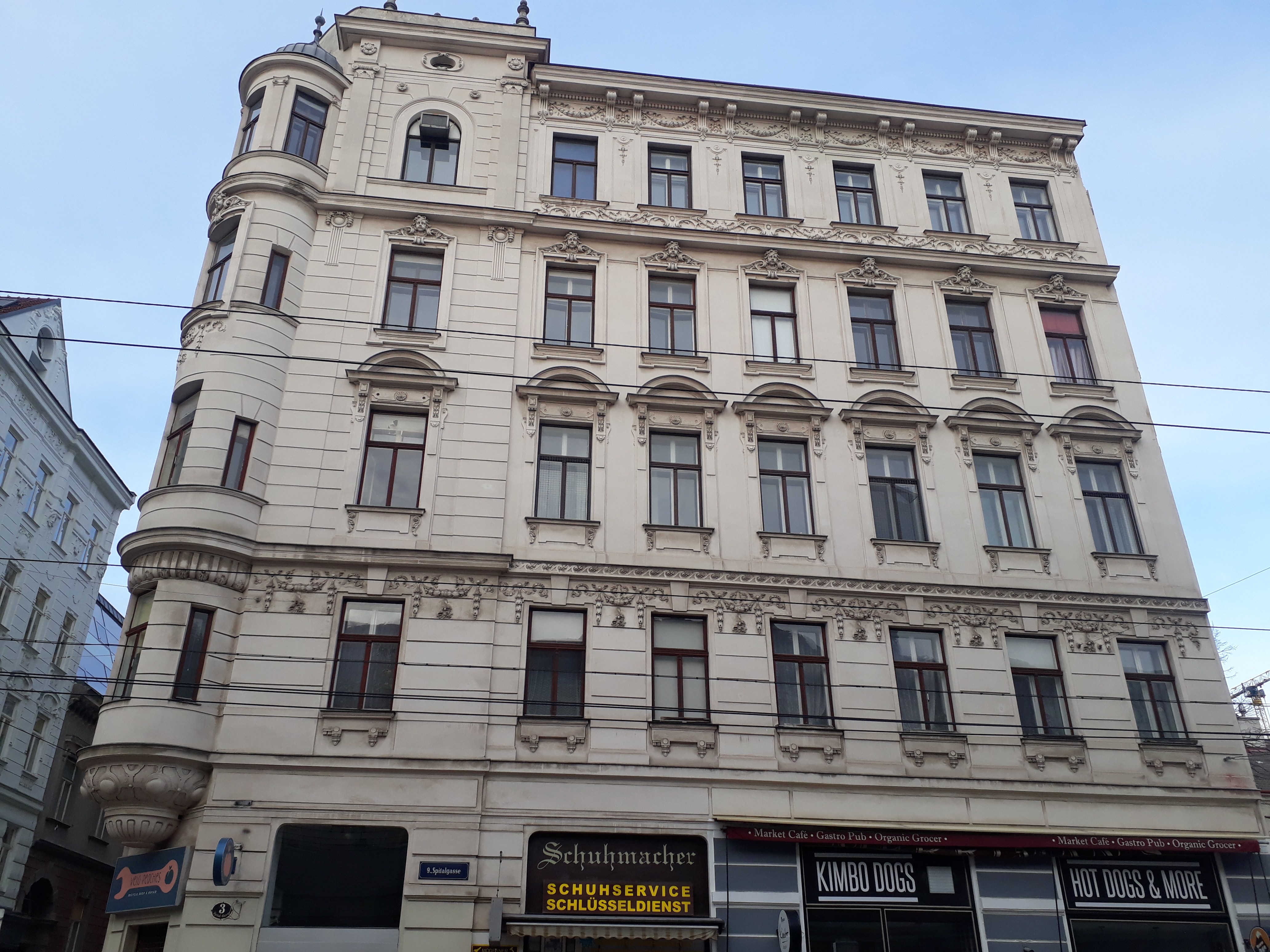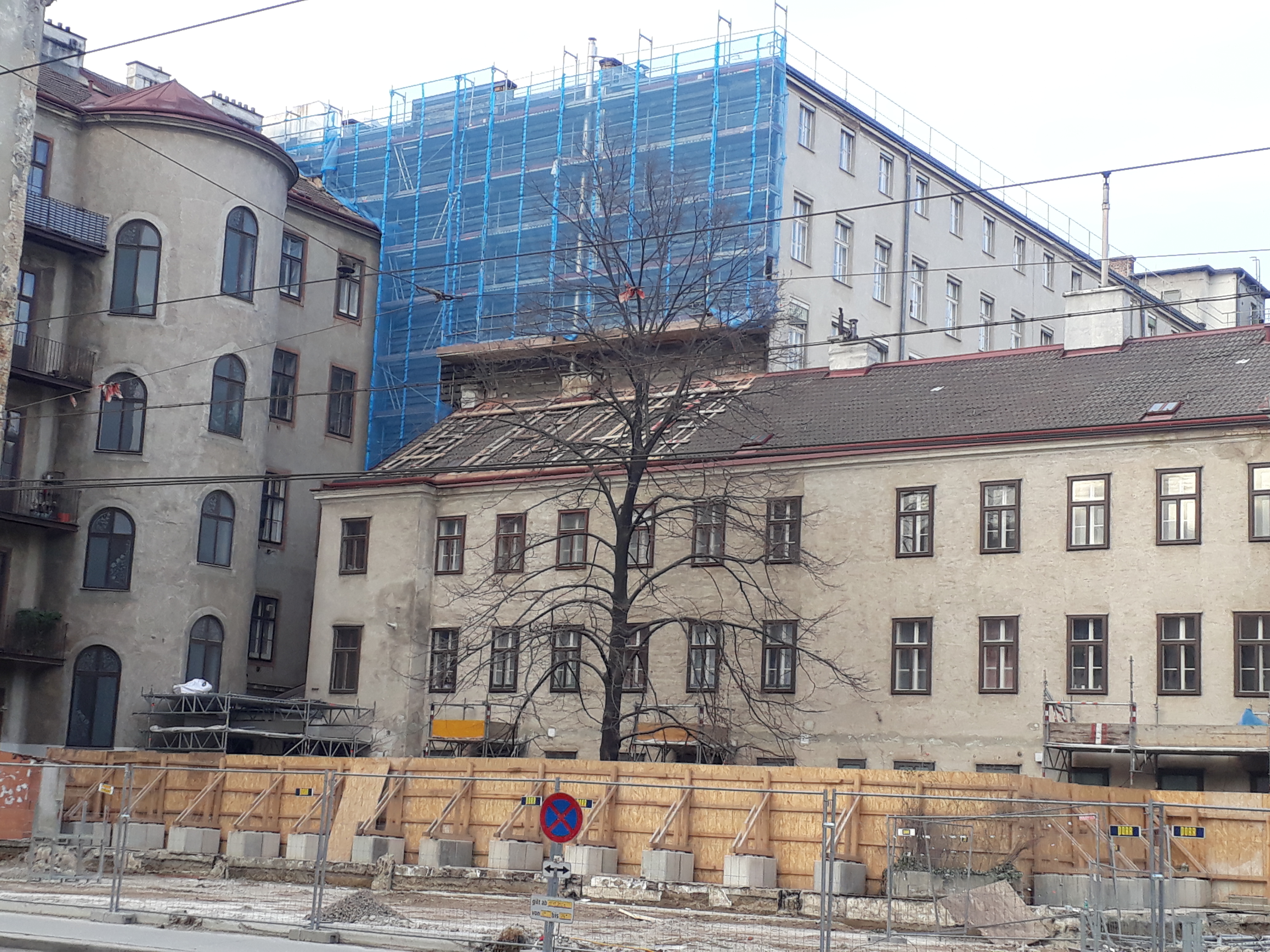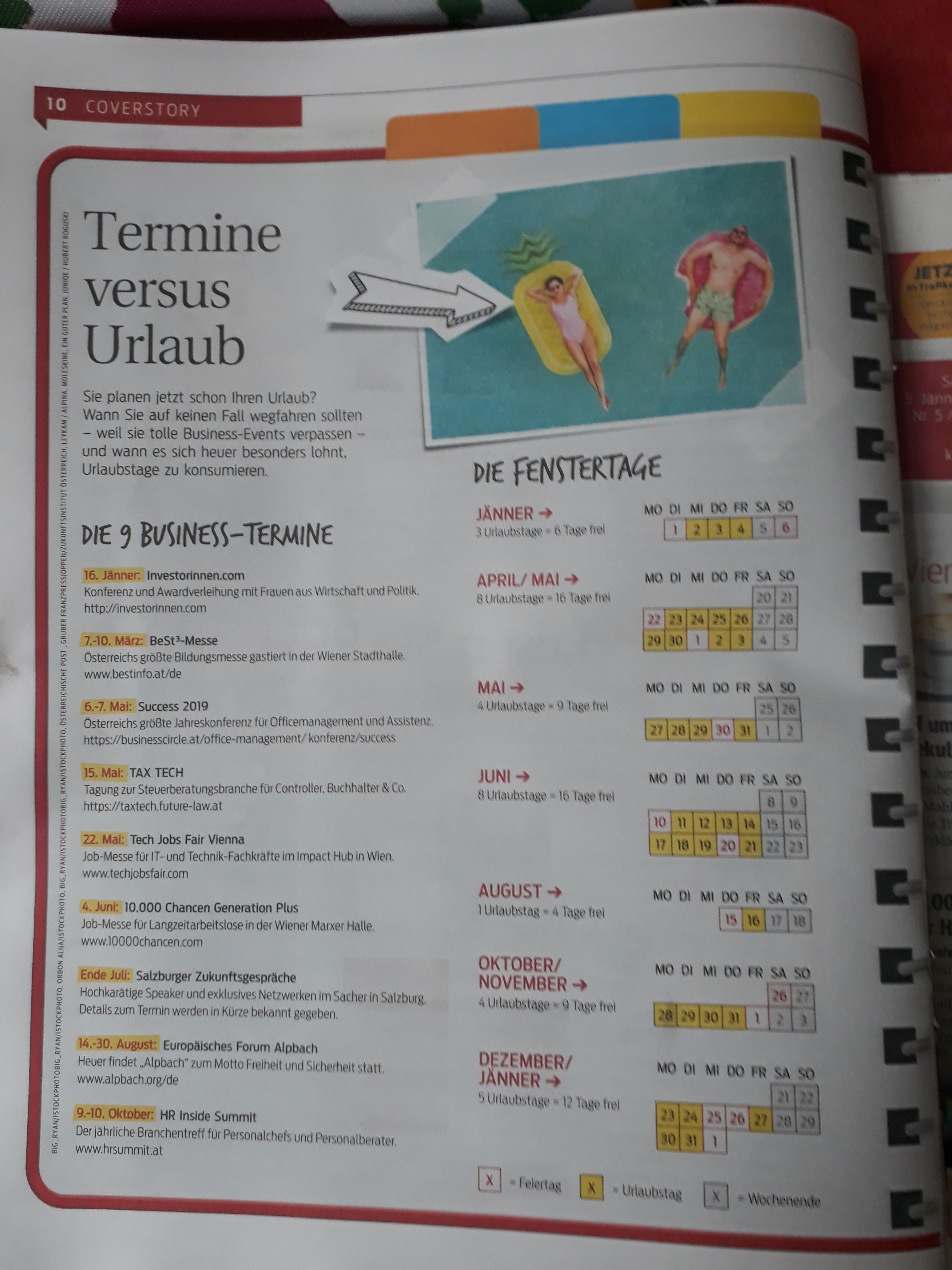“Gruß Gott!” is still a common greeting in Austria, or at least in Vienna. Today, reading an interview in the Kurier with Thomas Schäfer-Elmayer, owner of the number one dancing school in Vienna and the Emily Post certainly of Austria if not of the entire German-speaking world, I learned something of the history and associations of the phrase.
He didn’t feel the need to explain but I do: The phrase (word-for-word translation “Greet God!”) is short for “God greet you.” (“Grüß Sie / dich Gott!”) He told a story, though, in which he was speaking at a technical / vocational high school and a student called him on using it because the student considered the greeting too closely associated with the ÖVP or Austrian People’s Party (a.k.a. the Conservatives).
To his credit, Schäfer-Elmayer looked into this claim and discovered that between the world wars it truly was a sign to others that one belonged to the People’s Party. His research showed that during this time–with what amounted to a civil war being waged in the streets of Vienna–the hate between the Social Democrats (the Reds) and the People’s Party (the Blacks) was so great, people chose to signal their allegiance immediately in how they greeted other people. “Grüß Gott” for the Conversatives; “Guten Tag” for the Social Democrats.
The civil servants, who sought to remain neutral, as good civil servants the world over do, adopted–Schäfer-Elmayer said–the term “Mahlzeit” (usually said before a meal and then taking the place of “Guten Appetit”). This is an interesting take on the greeting, as I always assumed “Mahlzeit” had a similar function as the French “Rebonjour”. In current usage, you say “Guten Morgen” when you first run into someone in your place of work–in the morning–and “Mahlzeit” afterwards to indicate that you remember greeting them the first time. (Apparently, in French companies it is a rather large faux pas to use “Bonjour” twice in one day to the same person. I read that it is tantamount to considering the person so inconsequential that you don’t remember greeting them the first time. Source: Schneider and Barsoux, “Managing across Cultures”)
From 1938 to 1945, apparently, “Mahlzeit” took on another use. People who wished to avoid saying “Heil Hitler” said “Mahlzeit” instead. I hear my mother–born in Berlin and raised there during the Second World War–saying, “Berliners just kept saying ‘Guten Morgen’.” Her comment is supported by Christabel Bielenberg’s incomparable memoirs, which I am currently re-reading, of living in Berlin as an Englishwoman under the Nazis. Even more of an aside here: that Berliner habit got my grandmother–my German grandmother, that is, not my English grandmother (complicated family)–into trouble when she visited her parents in their small town in Thuringia.
And so a bit of culture and history on this Sunday.
For German speakers, links to the Kurier interview and to the Wikipedia entry on some of the uses of “Mahlzeit” below:
https://kurier.at/freizeit/thomas-schaefer-elmayer-gesteht-ich-mache-auch-viel-falsch/400613615
https://de.wikipedia.org/wiki/Mahlzeit
Tags: etiquette, history, language



